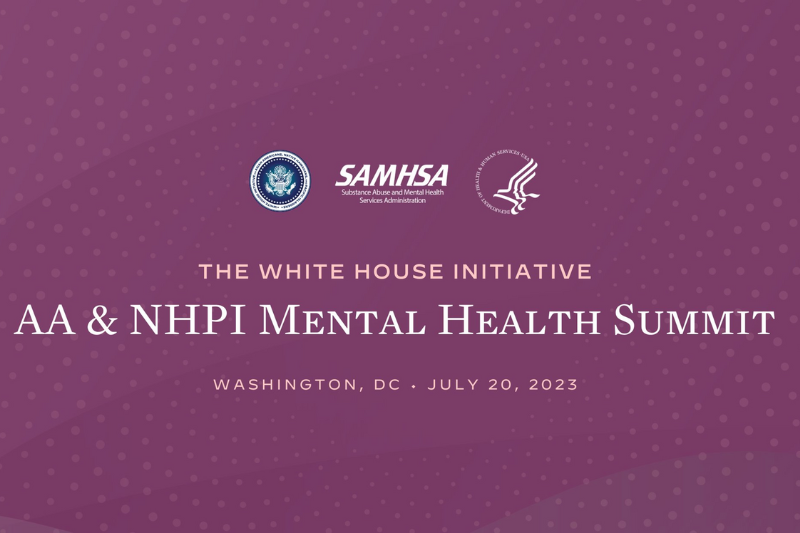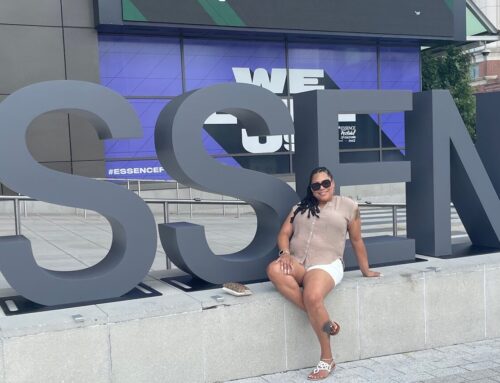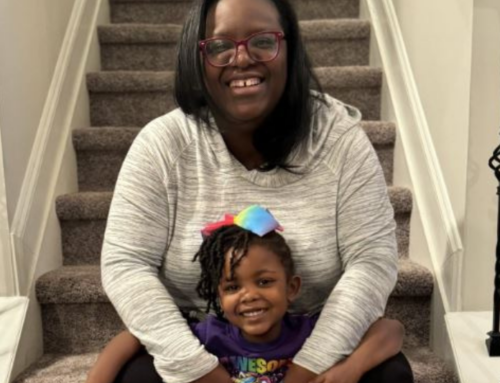On July 20, the Biden-Harris Administration hosted its inaugural Mental Health Summit focused on improving equity and access to behavioral health care for Asian American, Native Hawaiian, and Pacific Islander (AANHPI) communities. The White House Initiative on Asian Americans, Native Hawaiians, and Pacific Islanders (WHIAANHPI) and the U.S. Department of Health and Human Services (HHS) hosted this event in recognition of National Minority Mental Health Awareness Month, building on the Administration’s investments to connect more Americans to care.
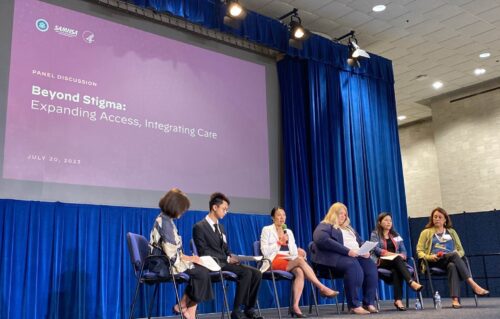
Panelists discuss expanding behavioral health services for AANHPI communities
Change Matrix (CM) and the National Network to Eliminate Disparities in Behavioral Health (NNED) partnered with the Substance Abuse and Mental Health Administration (SAMHSA) to support this historic event both virtually and in person in Washington, D.C.! The WHIAANHPI Mental Health Summit brought together community leaders; mental health professionals; people with lived experience; researchers; national organizations; and local, state, and federal leaders for the in-person event, and allowed the general public to watch the livestream. The goal of the Summit was to identify innovative solutions and actions across communities and government groups to address persistent and emerging challenges to the mental health and well-being of AANHPI communities.
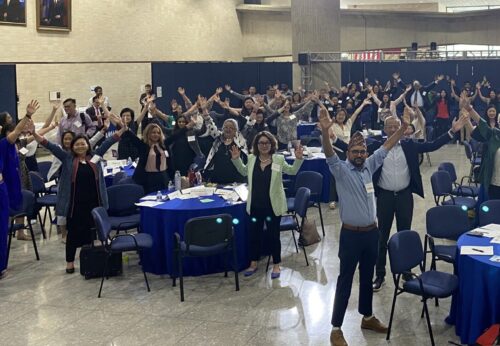
Rachele leads attendees in a stretch break
Given the COVID-19 pandemic, rising anti-Asian hate, and the public health and public safety epidemic of gun violence, AANHPI communities have been deeply impacted by the nation’s mental health crisis. The Summit allowed for conversation to address these and other issues impacting the mental health of and behavioral health services delivery to AANHPI communities, and hear from panelists and audience members about what actions can be taken to tackle these issues.
“The collective experiences and passion of youth, community, state, and national advocates, leaders, and funders gathered in one room were truly inspiring and energizing,” says CM Founding Partner Rachele Espiritu, PhD, who was able to attend in person and represent CM and the NNED. “While many discussions involved familiar experiences and challenges within the AANHPI community, it was important for decision-makers and communities to listen and learn from one another.”
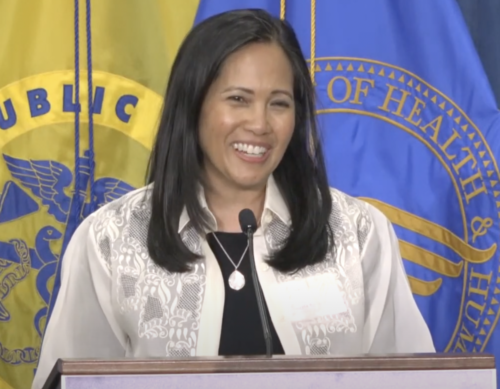
Rachele addresses attendees as Summit facilitator
Playing dual roles as Summit facilitator and timekeeper, Rachele led attendees through introductions from federal leaders, a keynote speech, a moderated conversation about advancing equity and mental well-being for AANHPI communities, and four interactive panels. These four panels — focused on the impact of racism and hate crimes on mental health, expanding access and integrating care, strategies for building state and community partnerships, and expanding language access — featured diverse speakers and allowed for audience-directed questions.
“What an extraordinary opportunity it was to be the facilitator of the WHIAANHPI/SAMSHA Mental Health Summit,” Rachele remarks. “I felt privileged to create a space where peers and colleagues, some of whom I’ve worked alongside for years, could finally meet in person.”
Throughout the Summit, both in-person and virtual attendees had the opportunity to participate in ongoing ThoughtExchanges, facilitated by the NNED. This was a chance for attendees to provide their ideas for action steps to improve the mental health and well-being of AANHPI communities, allowing Summit organizers to receive a wide array of thoughts beyond those that were able to be shared out loud during the event. The ThoughtExchanges received over 300 responses, leaving WHIAANHPI leaders excited to see what action steps participants shared.
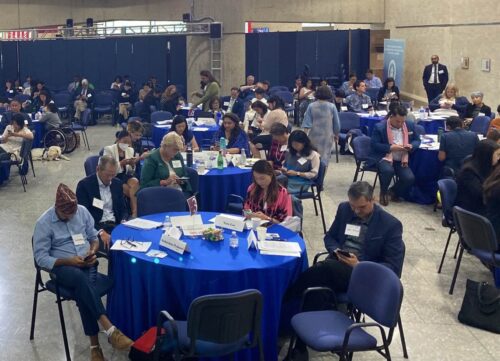
Attendees participate in ThoughtExchange
CM was honored to be a part of this event, supporting the facilitation and logistics of the Summit as well as continuing to support the analysis of all the action steps submitted through ThoughtExchange.
“The Summit’s success was the result of the vision and direction set by the WHIAANHPI Commissioners, months of hard work and coordination between SAMHSA and WHIAANHPI, and the exceptional job done by the NNED team in preparing panelists and strategies for participant engagement,” says Rachele. “I’m honored to have played a role in raising awareness of AANHPI mental health challenges and opportunities, fostering a sense of community and relationships, and generating actionable ideas at all levels — individual, organizational, community, and systems change. It was a truly meaningful experience.”
Watch the recording of the event!
Read the fact sheet about the event!
